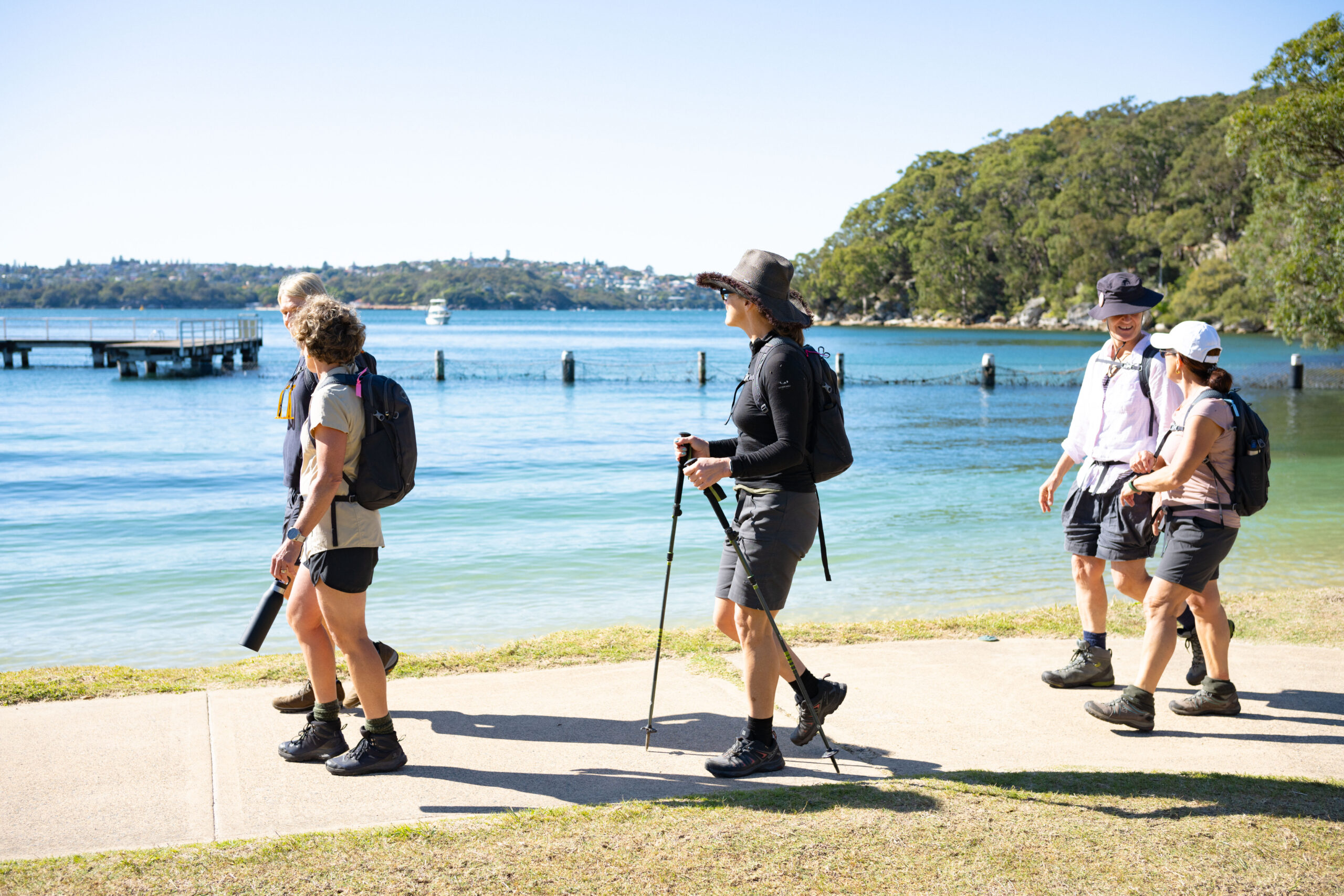Walking is a humble yet incredibly effective form of exercise that is often underestimated. There are numerous physical, mental, and emotional benefits of walking. Whether you’re a casual stroller or a dedicated walker, you’ll be amazed at what regular walks can do for your health and overall well-being.
1. Physical Health Benefits:
-
Heart Health: Walking is a cardiovascular exercise that helps improve heart health by increasing your heart rate and circulation. It can lower your risk of heart disease and hypertension.
-
Weight Management: Regular walking can aid in weight management and assist in weight loss when combined with a healthy diet. It’s a simple way to burn calories.
-
Joint Health: Unlike high-impact activities, walking is gentle on the joints, making it suitable for people of all ages. It can help improve joint flexibility and reduce the risk of osteoarthritis.
-
Improved Posture: Walking promotes good posture and strengthens the muscles that support your spine, reducing the risk of back pain.
-
Muscle Tone: It engages various muscle groups, including your legs, core, and glutes, helping to tone and strengthen your body.
2. Mental Health Benefits:
-
Stress Reduction: Walking can be a meditative and calming activity, allowing you to clear your mind and reduce stress. The rhythmic motion of walking can have a soothing effect.
-
Enhanced Mood: Regular walks release endorphins, the body’s natural mood lifters. They can help combat symptoms of depression and anxiety.
-
Boosted Creativity: Taking a walk, especially in a natural setting, has been shown to stimulate creativity and problem-solving abilities.
-
Improved Concentration: Walking can enhance cognitive function, memory, and concentration. It’s a great way to break up long periods of work or study.
3. Emotional Well-Being:
-
Connection with Nature: Walking in natural settings, such as parks or trails, fosters a deeper connection with the environment and helps you appreciate the beauty of the world around you.
-
Social Interaction: Walking can be a social activity. Invite friends, family, or neighbors to join you for a walk, which can strengthen relationships and provide a sense of community.Walking is a fantastic way to spend quality time with family and friends. Going for a walk together can facilitate meaningful conversations and strengthen relationships.
-
Mindfulness: Walking can be a mindfulness practice. Focus on your surroundings, the sensation of your steps, and your breathing to be present in the moment.
4. Practical Tips for Incorporating Walking:
-
Set Goals: Establish daily or weekly walking goals, such as a certain number of steps or a specific walking duration.
-
Choose Scenic Routes: Explore your neighbourhood, parks, or nearby trails to make your walks more enjoyable.
-
Wear Comfortable Footwear: Invest in comfortable, supportive shoes to prevent discomfort or injury.
-
Track Your Progress: Consider using fitness apps or pedometers to track your steps and set targets.
-
Make It a Routine: Incorporate walking into your daily routine, whether it’s a morning stroll, a lunchtime walk, or an after-dinner jaunt.
-
Walk with Harbour Trax: walking with Harbour Trax allows you walk, meet new people, incorporate all the benefits of walking without all the stress of finding a route and booking places to stay.
Walking is not just a physical activity; it’s a path to improved overall well-being. Whether you’re aiming to boost your cardiovascular health, reduce stress, or simply enjoy the beauty of your surroundings, walking offers a wide array of benefits. So, put on your walking shoes, step outside, and embark on a journey to a healthier and happier you. It’s a simple yet powerful path that can lead to a brighter, more fulfilling life.
Book your walking journey with Harbour Trax now xx




